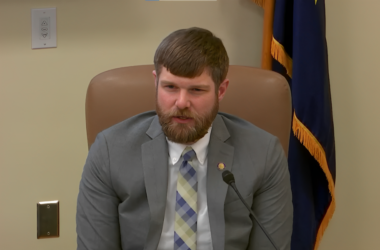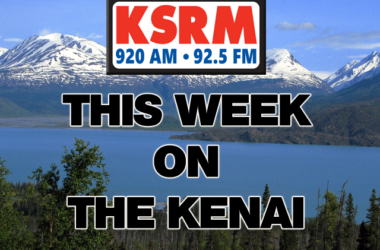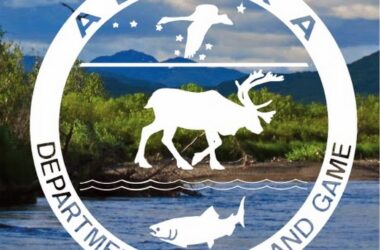The Alaska Legislative Session in Juneau is midway. It focuses on education funding, public employee retirement, election updates, and energy sustainability.
A key item is the Base Student Allocation (BSA) increase (HB 69), which passed the House and is now in Senate Education. The bill proposes a $1000 increase to the BSA, expanding the budget by $275 million to improve Alaska’s public education system.
The FY 2026 budget faces a $625 million deficit, mainly due to decreased oil prices. This requires decisions on balancing state revenue and services.
New revenue legislation is being discussed, including SB 109, which aims to restructure the Permanent Fund, allocating 75% to state services and 25% to Permanent Fund Dividends (PFDs). Other bills target restructuring corporate income taxes for oil companies and online businesses and reducing oil production tax credits, potentially generating millions in new state revenue.
Federal actions affecting Alaska’s economy are also causing concern. A letter was sent to Congress urging immediate intervention to protect Alaska’s economy and services for rural and low-income residents.
Additionally, legislation from the Seafood Task Force is advancing, with bills supporting commercial fishing insurance cooperatives, fisheries product development tax credits, and increased tax revenue for municipalities. Concerns about the future of fish farming are also being addressed, with bills proposing finfish farming in inland waters and redefinitions of “seafood” to include farmed aquatic products.






